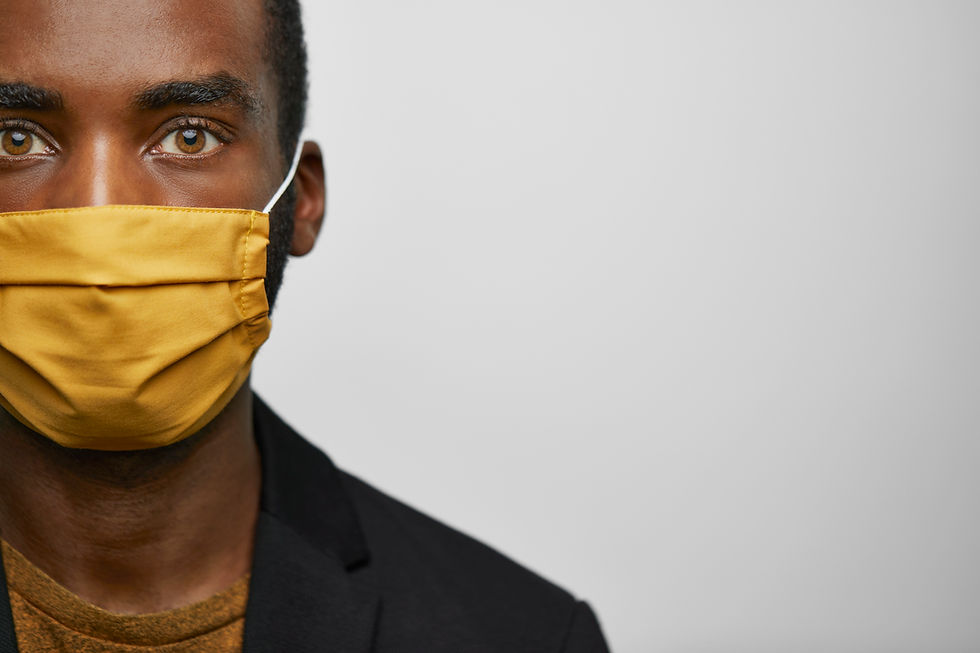Covid and The Mental Health Trigger
- Dean Pedersen
- Apr 29, 2023
- 2 min read
How Covid-19 Has Affected Mental Health in America – An Honest Discussion

With the Covid-19 Pandemic disrupting daily routines, causing financial instability, restricting social interactions, and worrying us all about our health, it is no surprise that the stress and anxiety have taken a severe toll on the American population’s mental health. With the rise of Covid-19, experts are seeing an increase in mental health disorders in the US, ranging from depression and anxiety to loneliness and substance abuse. The pandemic has affected everyone differently, but each one of us has been affected in one way or another. Today, with this blog post, I would like to start an honest discussion and bring light to the issue.
Anxiety and Depression –
It is safe to say that Covid-19 has been a significant trigger for anxiety and depression. With so much uncertainty and changes happening around the world, individuals find it challenging to feel safe and secure in their environment. Whether it’s fear of catching the virus or fear for their loved ones’ safety, the unknown is making people anxious. An increase of depression and anxiety has been reported in both adult and young Americans who are affected by the virus. Additionally, people who have been directly affected by the virus or had a loved one affected by the virus have a higher rate of developing anxiety and depression.
Loneliness –
Social distancing norms have limited face-to-face interactions amongst friends and family, leading many to experience loneliness. Such isolation can be disastrous to one’s emotional and mental well-being. Loneliness can lead to depression, which can lead to a lack of motivation to do anything. A person who is lonely may not want to connect with others, leading to a downward spiral of mental health.
Substance Abuse –
One’s mental health condition can lead to substance abuse, and Covid-19 appears to be a significant contributing factor. Due to tensions and anxiety caused by the epidemic, many people have struggled to deal with their emotions healthily. People turn to drugs or alcohol to self-medicate, leading to a loss of control in their lives.
Support –
The good news is there is support available. A therapist or counselor can help a person process, understand and cope with their emotions or situation in healthy ways. People who require urgent mental health assistance should contact the National Suicide Prevention Lifeline, a trained counselor who can give support and guidance. There is also medication available that can help to manage anxiety and depression, with complicated mental health crises require facilities running 24/7.
It's time to accept that the epidemic is taking a significant toll on our country's mental health. Having regular, honest discussions and coping strategies in place is essential in these times. The struggles that many people are facing are relatable, and the support from friends, family, and healthcare professionals can make all the difference. Despite the world's challenges, there is help available, and every challenge comes with an opportunity to grow and change. If you are struggling or know someone who is struggling, reach out to your support system or a reputable professional. By opening up, we can create social connections and emotional support that is integral to maintaining good mental health.




Comments